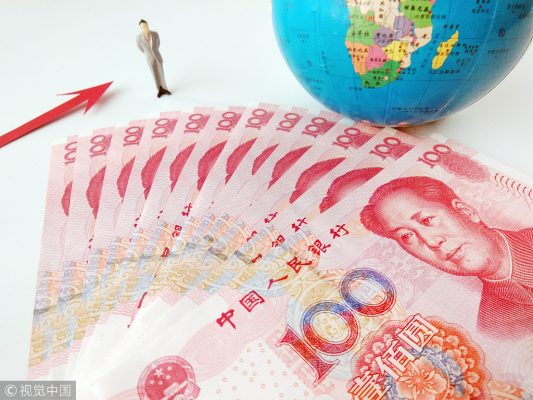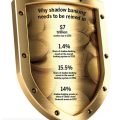
BEIJING – China’s central bank on Thursday detailed rules on the RMB Qualified Domestic Institutional Investors (RQDII) scheme, allowing RQDII investors to invest in yuan-denominated assets overseas but banning them from moving yuan out of the country for forex purchases.
The rules require investors to report basic information including the source and scale of yuan funds, investment plans and their overseas positions to the central bank’s Shanghai headquarters.
The overseas investment activities will be subject to the central bank’s macro-prudential regulation based on factors such as cross-border capital flows, liquidity in the offshore RMB market and the development of yuan products.
Domestic custodian banks shall strengthen checks on the authenticity and legality of investment plans to ensure such activities are conducted according to laws and regulations, the central bank said.
First launched in 2014, the RQDII program allows qualified domestic investors to buy yuan-denominated assets in the overseas capital markets as China took a gradual approach to open up its financial sector.
China has introduced programs such as RQDII and Qualified Foreign Institutional Investors to provide financial institutions with quotas for outbound and inbound investment, respectively.
In April, China announced plans to increase quotas in two pilot schemes that allow domestic investors to access foreign assets, as part of broader efforts to open up the financial market.


